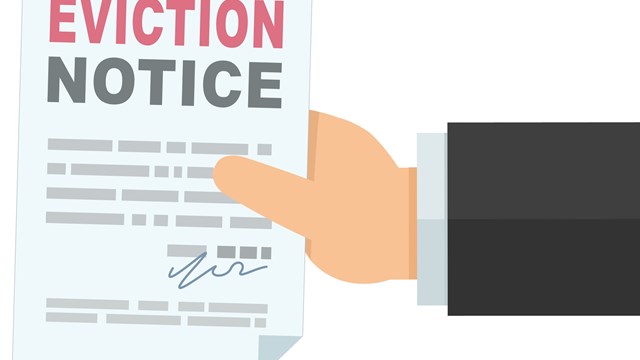
Q. I live in a co-op with some unsold share apartments. This month a woman in a rent stabilized apartment passed away. Will her apartment remain rent stabilized, or can the owner transfer it to market value?
—Wondering
A. “The question is not as simple as it would appear,” says attorney Mark Hakim of Manhattan-based Schwartz Sladkus Reich Greenberg Atlas LLP. “First, the Housing Stability and Tenant Protection Act of 2019 (the ‘Act’) eliminated, with a few exceptions, the majority of the deregulation protection for those who own rent stabilized apartments. Before the Act, one could deregulate more easily and usually under one of two processes; that is, either a high rent regulation (e.g., the rent exceeded the then rate permitted by law) or high income deregulation (e.g., the tenant’s income exceeded that legally permitted).
“Now, the main exception to the prohibition against deregulation is when the apartment is located in a building receiving Section 421a tax abatements, which are abatement/exemptions granted to developers of properties considered to be underutilized or unused. To know if the building where the apartment is located is receiving the 421a tax benefits, one can check with the New York City Department of Finance, and then you would have to check with the owner of the apartment (here, the Holder of Unsold Shares) as well.
“If, however, the tenant of record, prior to her death, had a family member (as defined by the law) or those in a family like situation (again, defined by law) living in the apartment prior to the death of the tenant of record, they may be permitted to become the tenant of record. There are various tests to determine whether the party seeking these succession rights may lawfully become the new tenant of record of the apartment when the tenant of record dies. Regardless, the best way to find out the status is to reach out to the owner of the apartment to inquire, presumably as an inquiry to rent the apartment.”






Comments
Leave a Comment